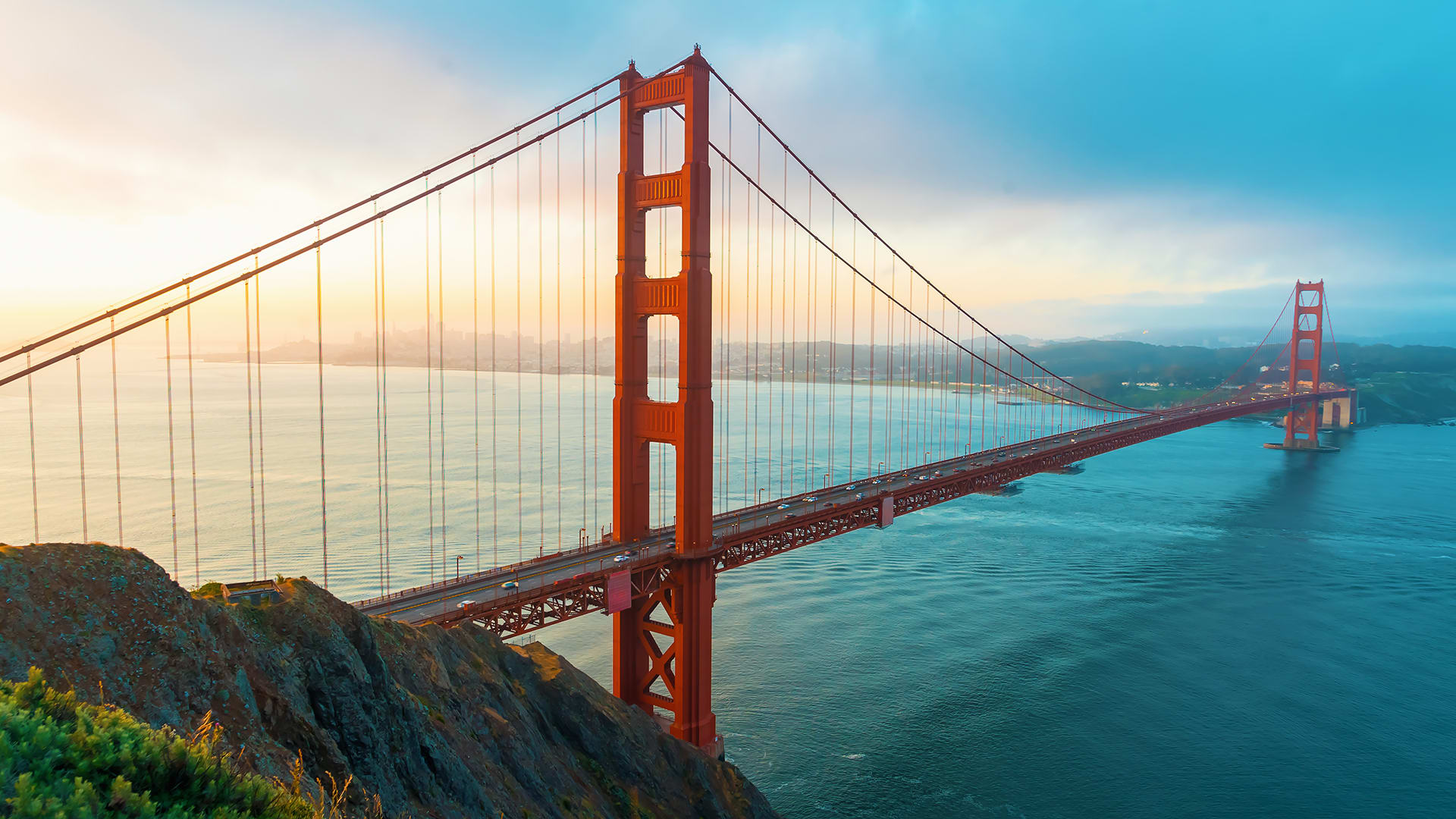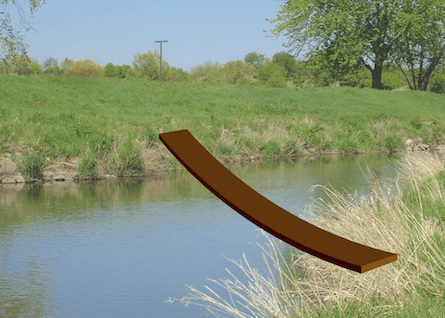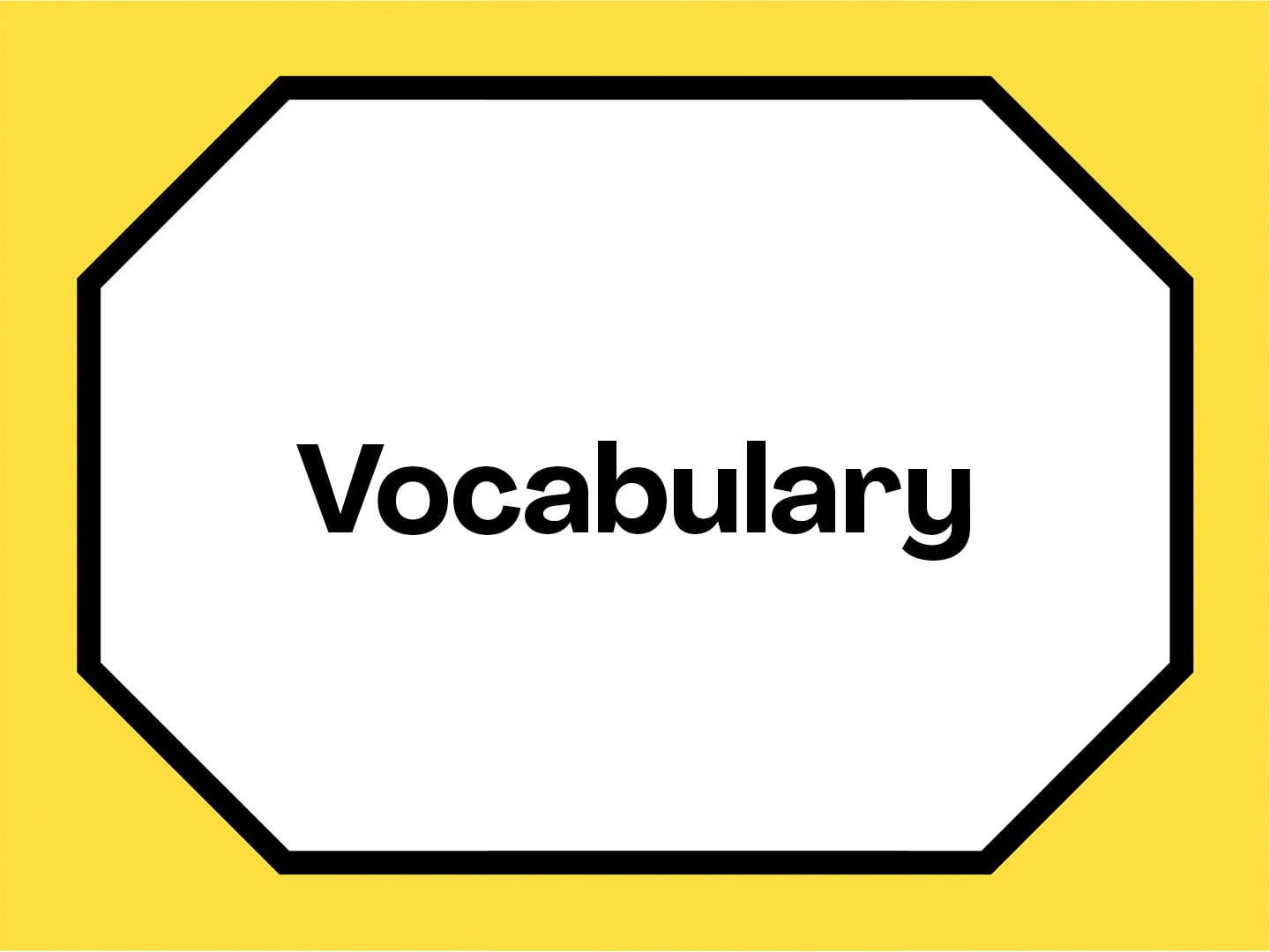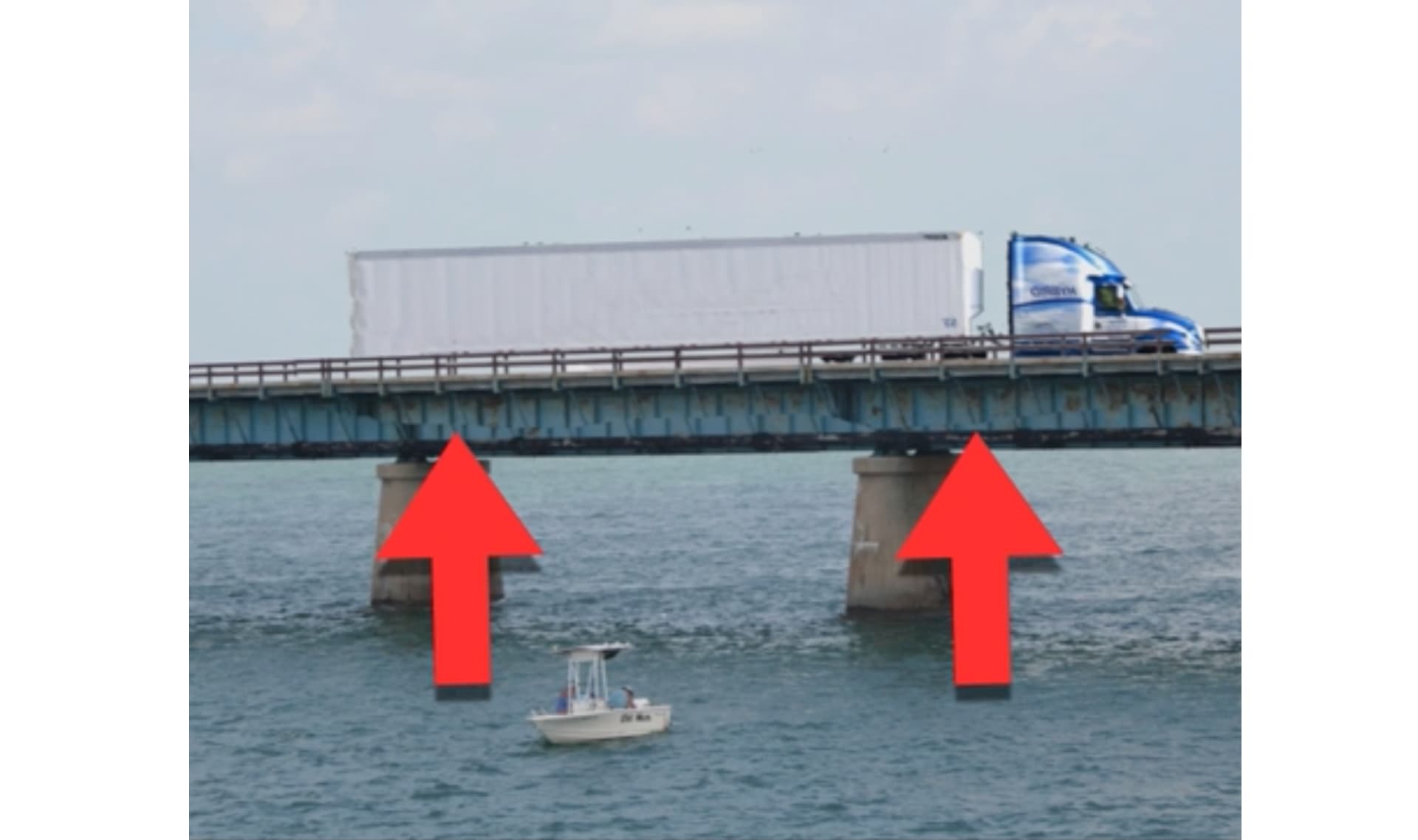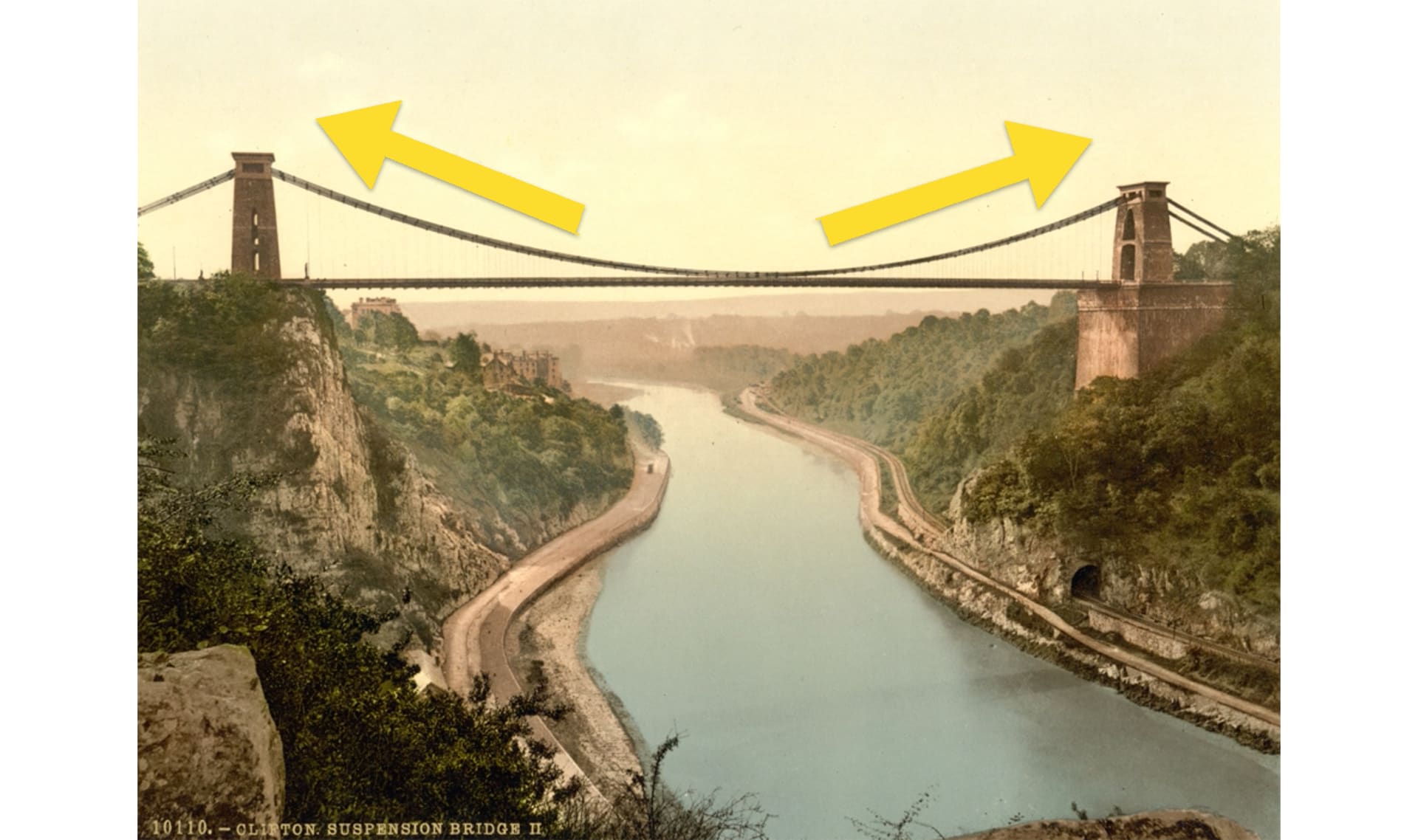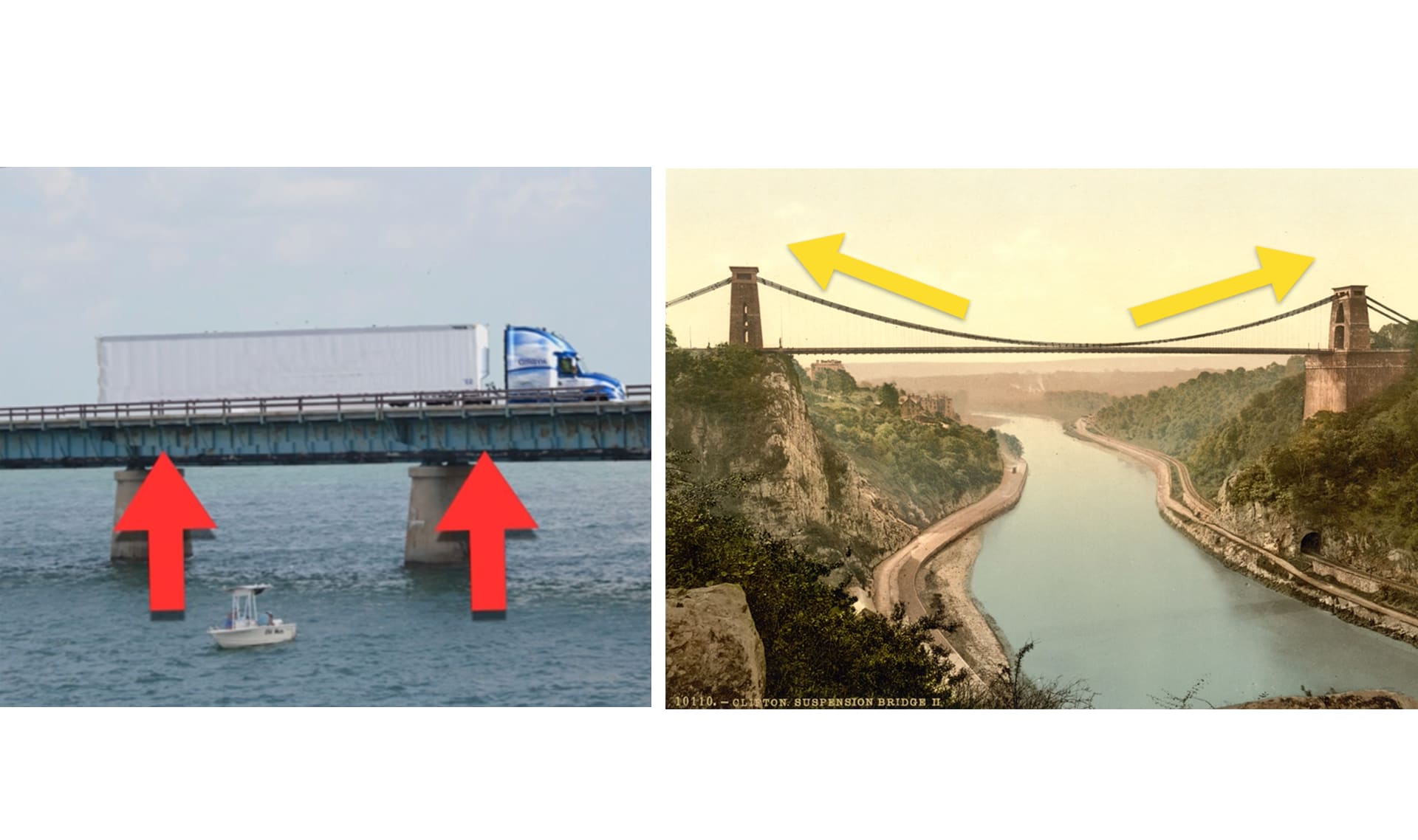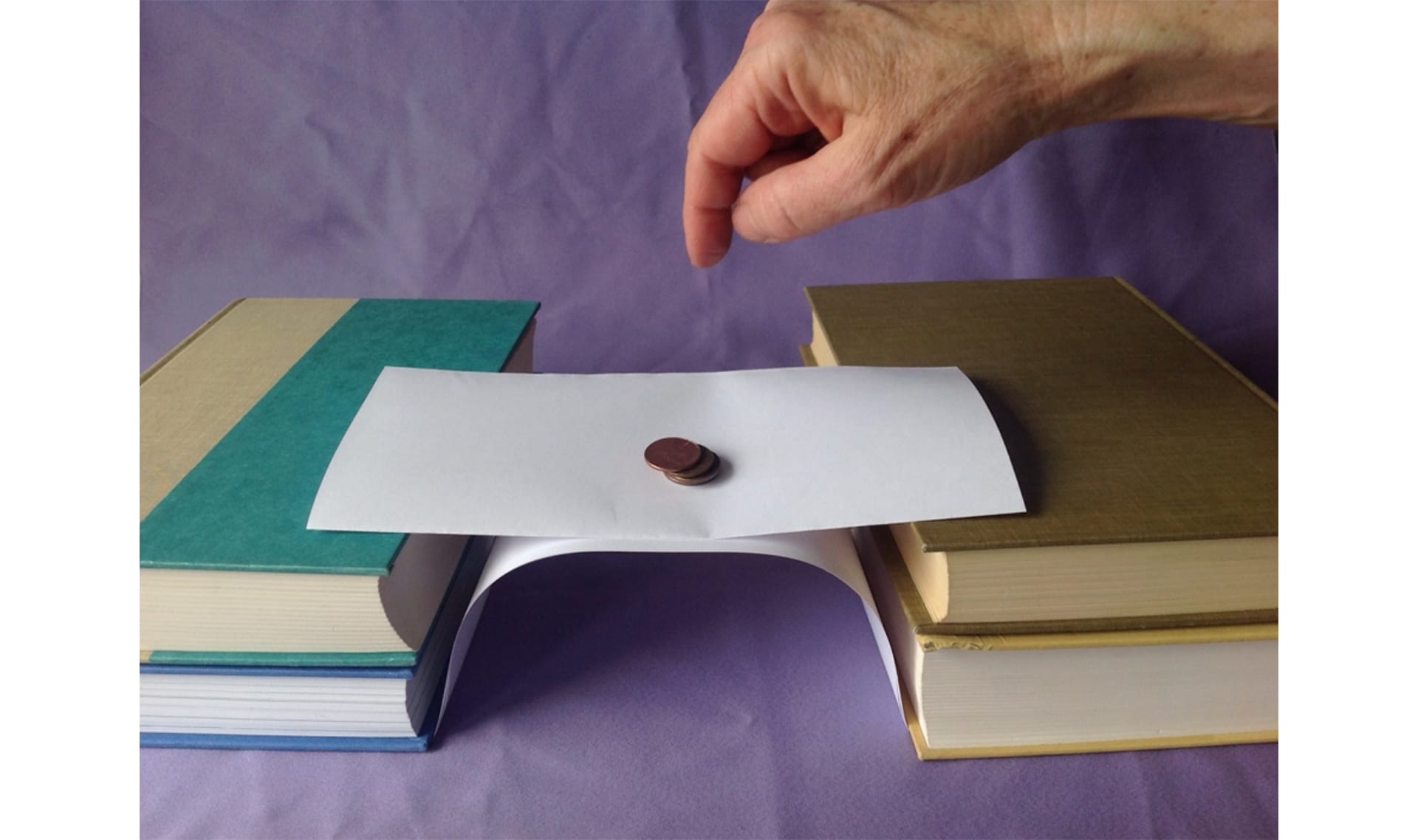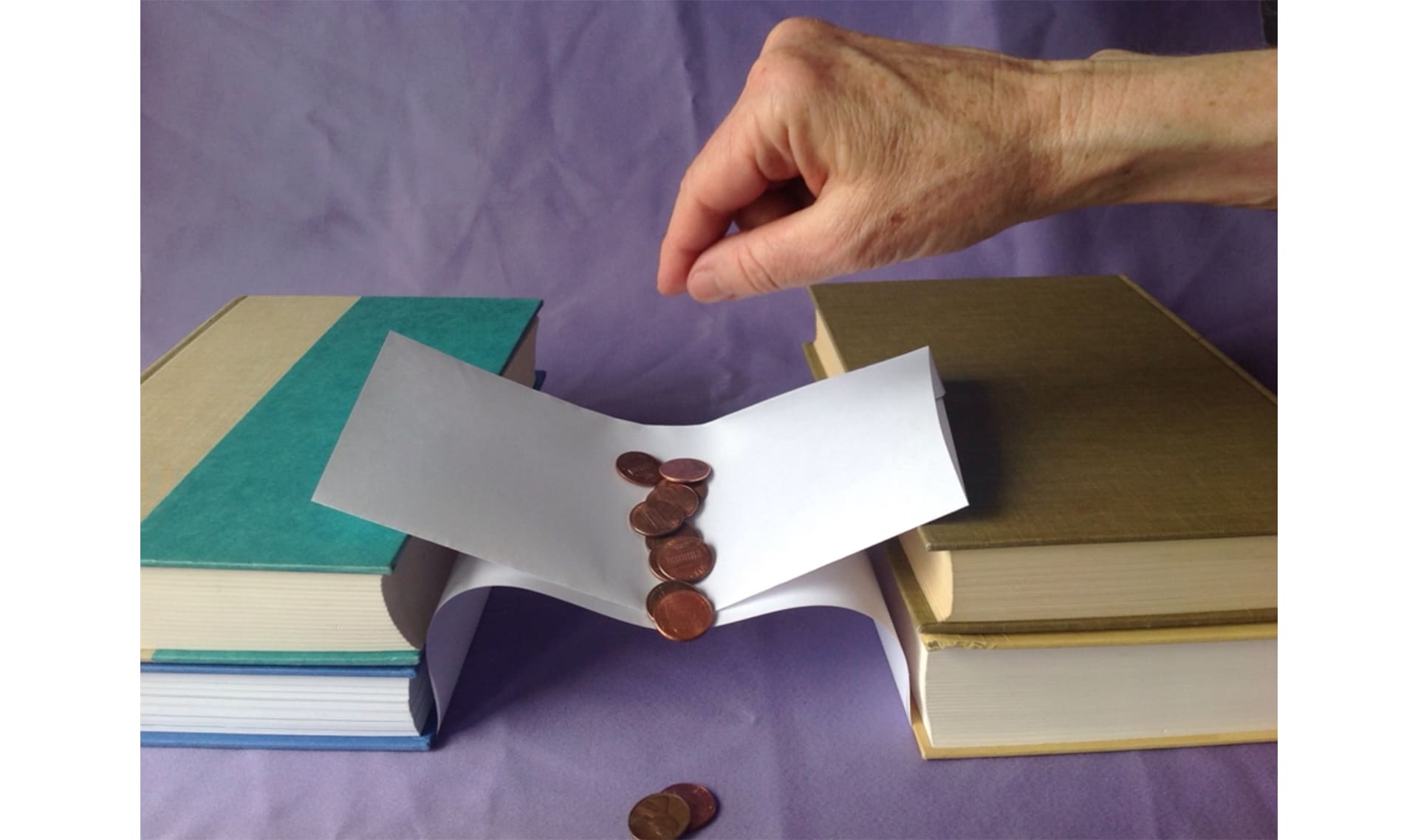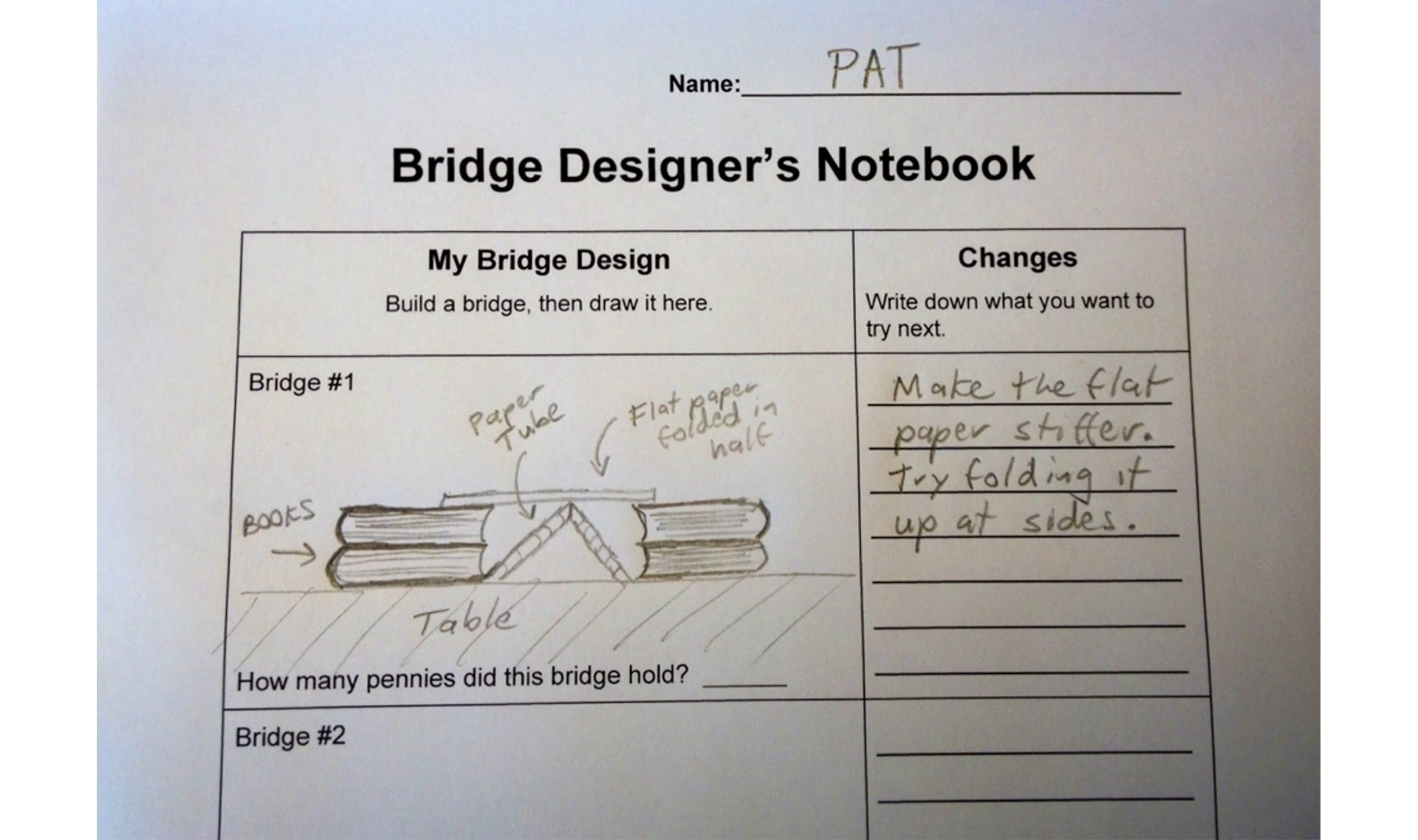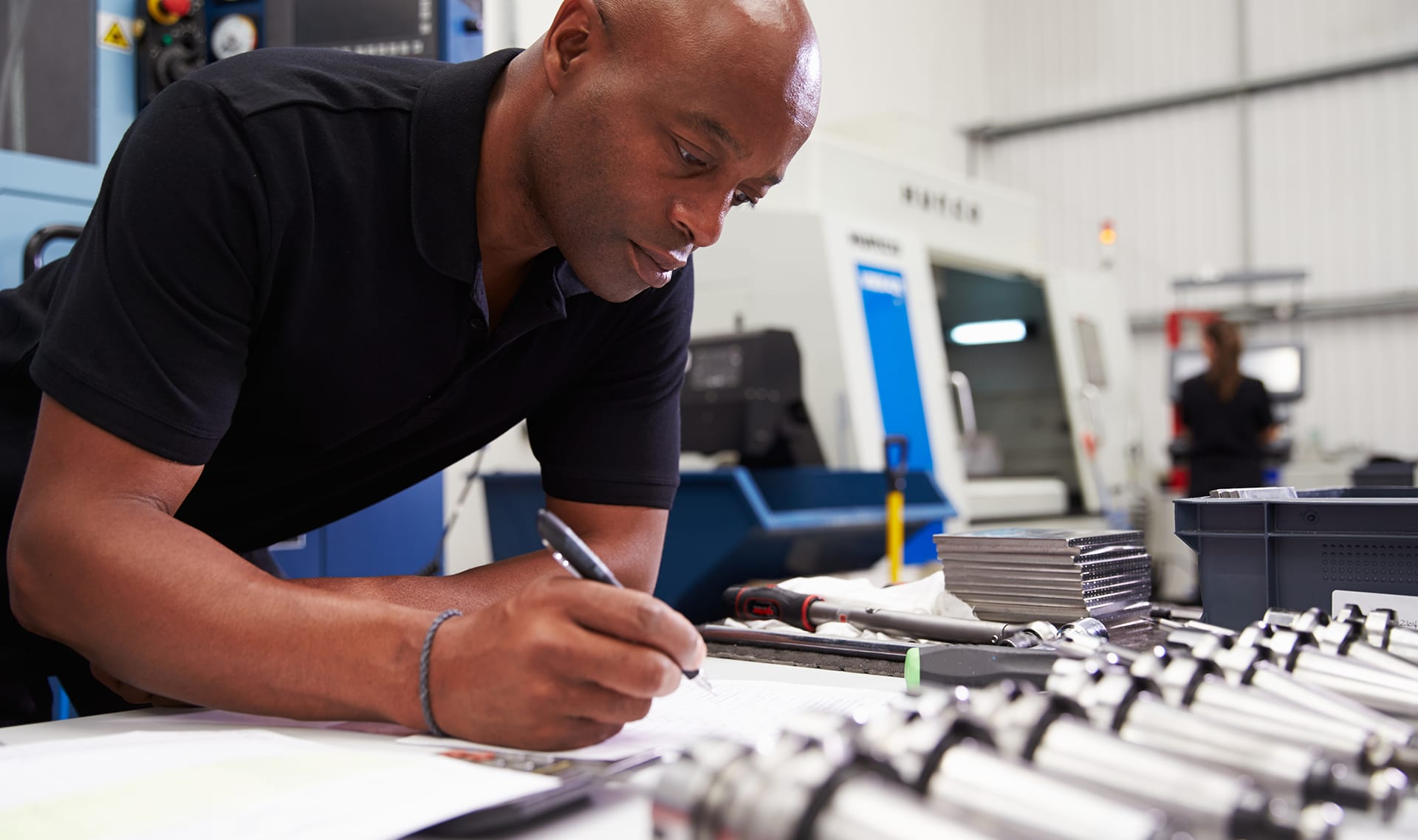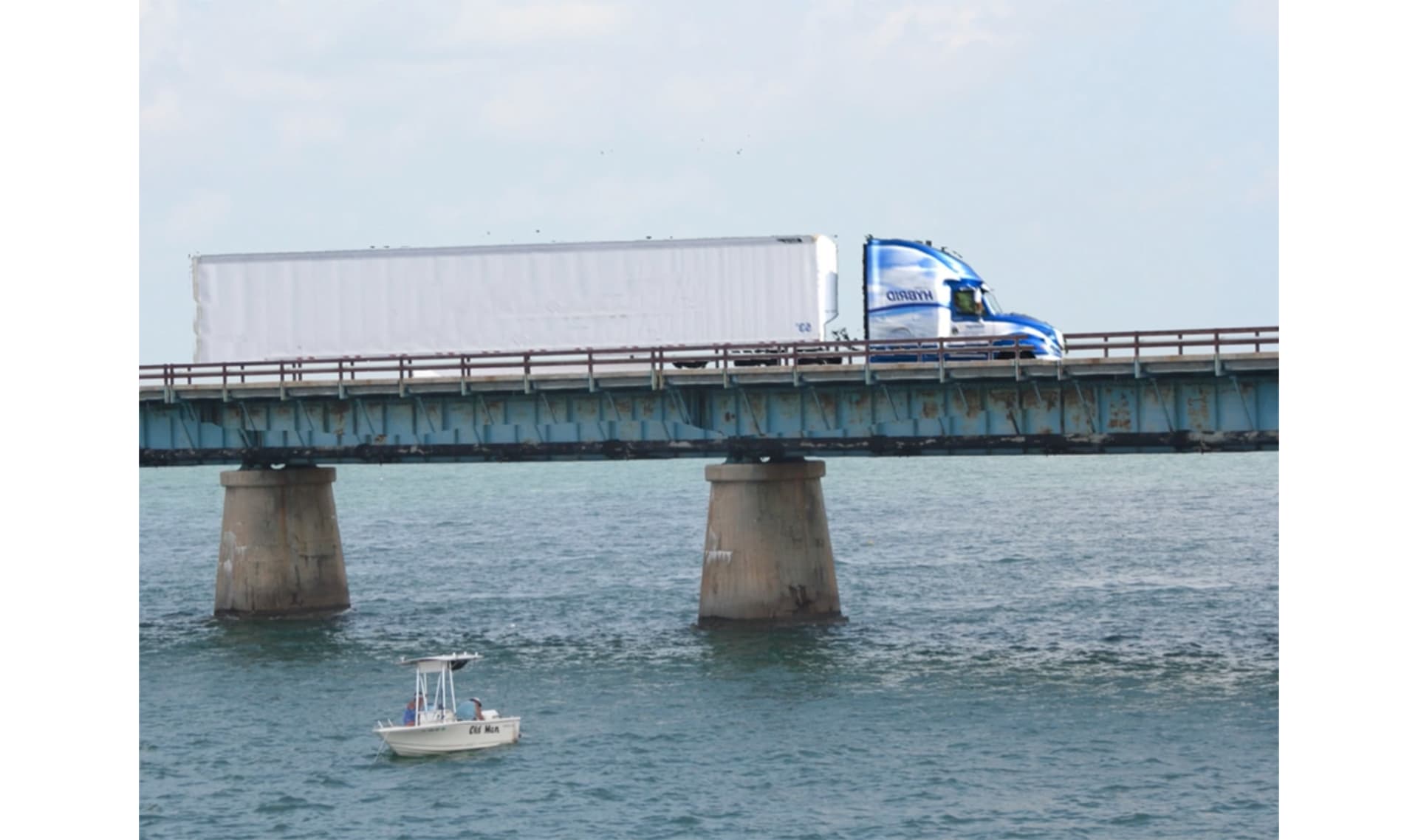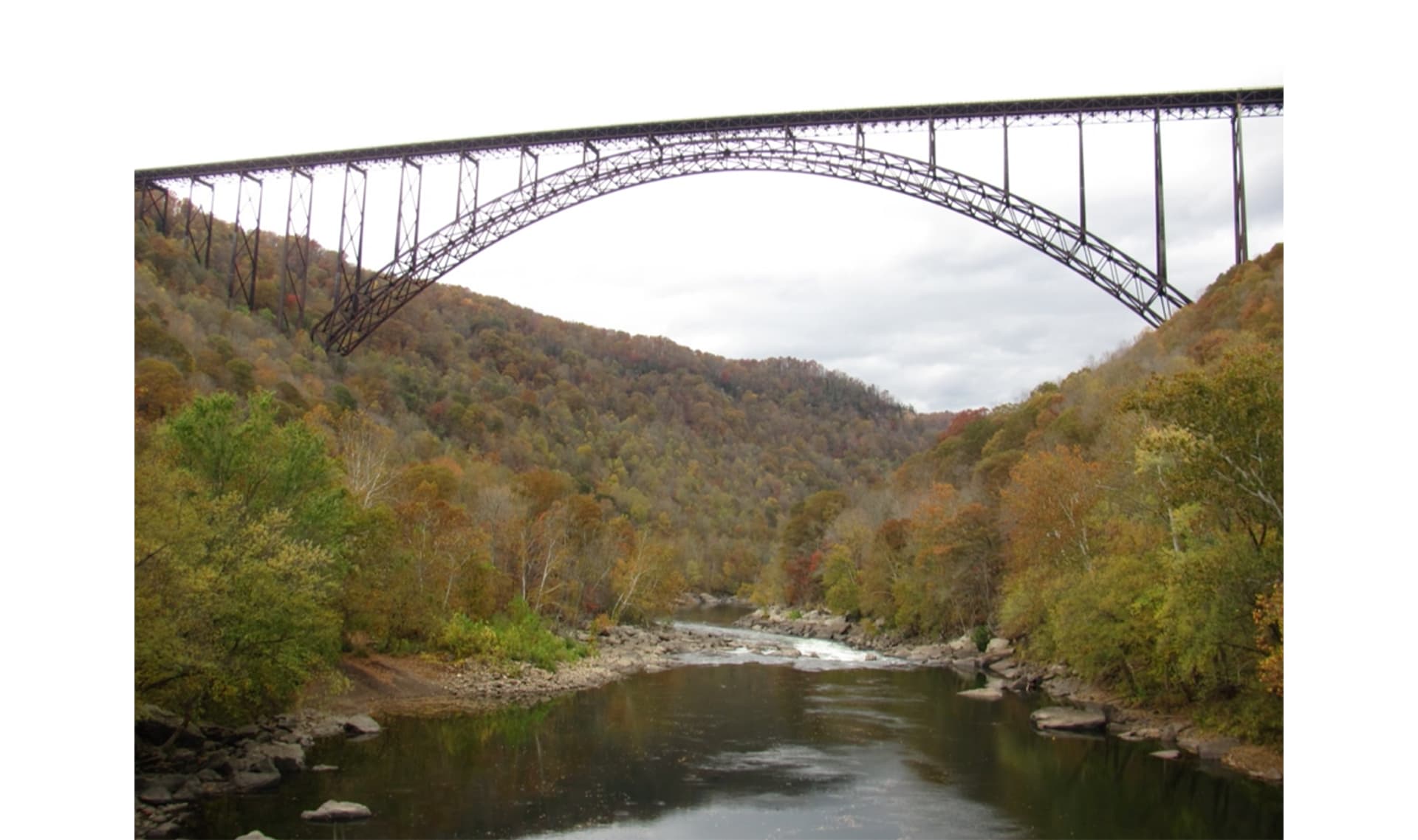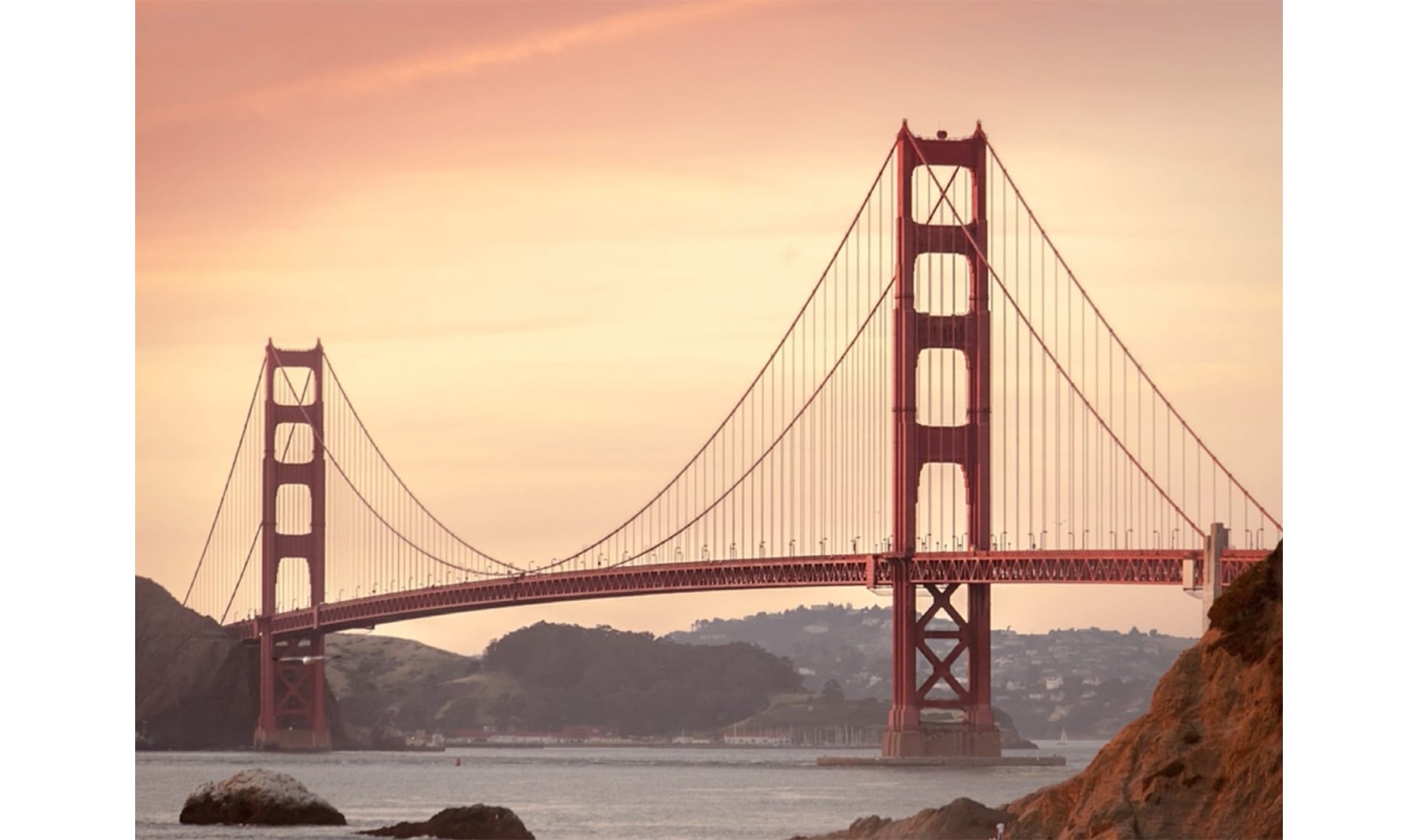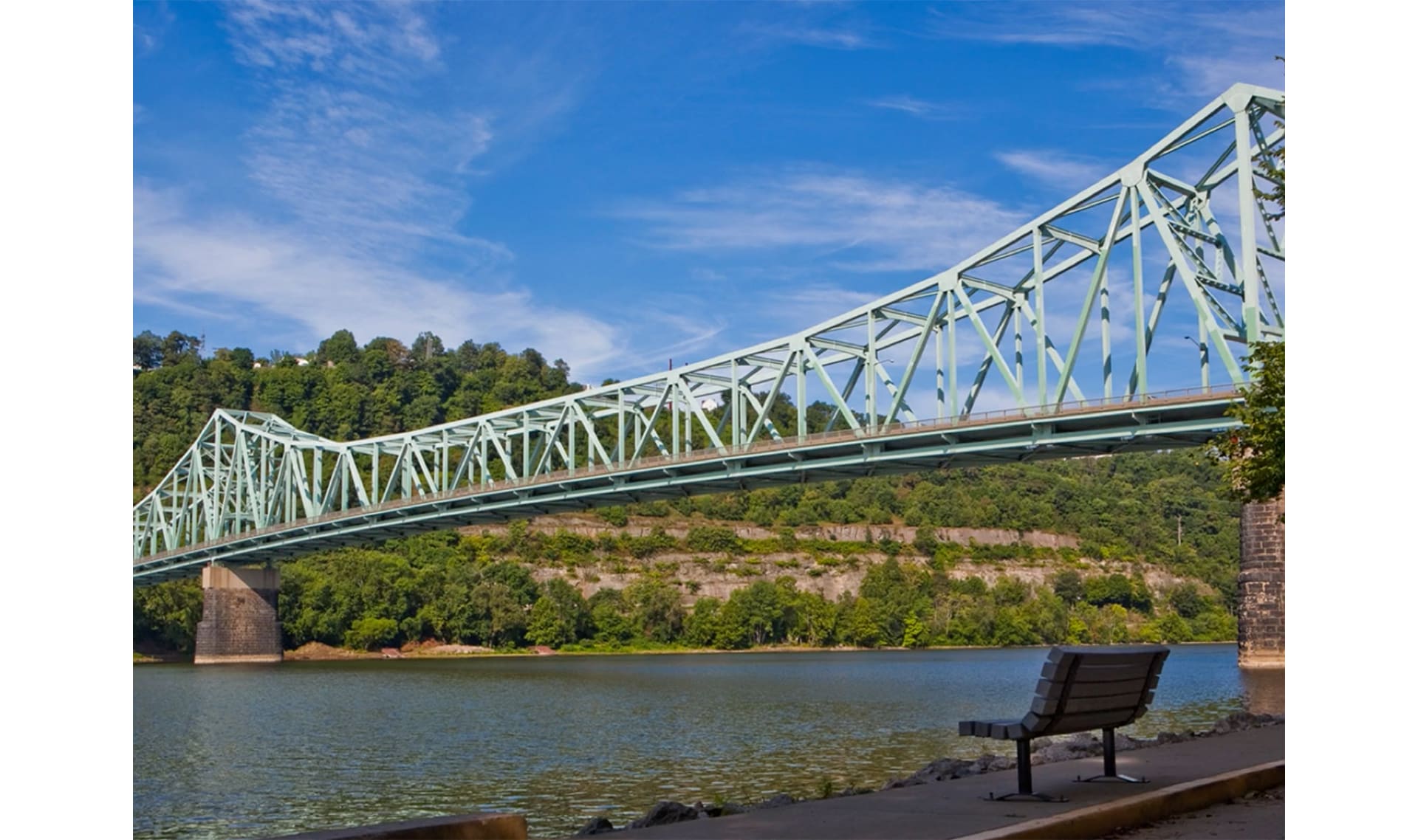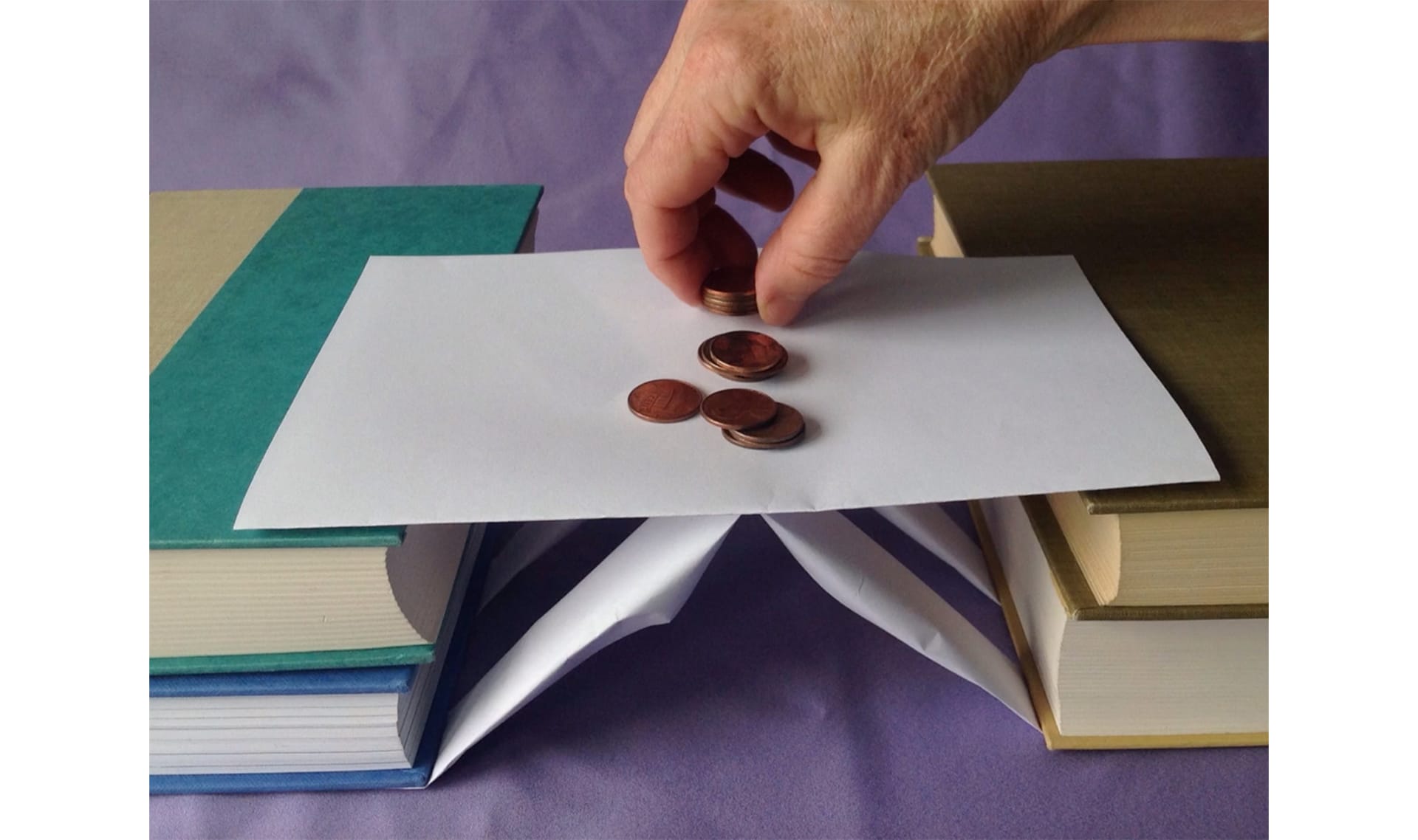Mystery Science respects the intellectual property rights of the owners of visual assets.
We make every effort to use images and videos under appropriate licenses from the owner or by
reaching out to the owner to get explicit permission. If you are the owner of a visual and
believe we are using it without permission, please
contact us—we will reply promptly and make
things right.
Lesson Image
bridges by
Jim Bowen
, used under CC BY
Exploration
Kirby Cove by
Akos Kokai
, used under CC BY
Charles Ellis by
Mary Cone/PBS
Celestia software by
Celestia
, used under CC BY
Golden Gate from space by
NASA
, used under Public Domain
sleeping on boat by
Jeff Mentzer
Golden Gate by
James W. Shepp & Daniel B. Shepp
, used under Public Domain
under the Golden Gate Bridge by
USGS
, used under Public Domain
USS Ronald Reagan transits Pearl Harbor by
US NAVY Mass Communication Specialist 3rd Class Dylan McCord
, used under CC BY
Shady Creek by
Ladyheart
Kishwaukee River by
IvoShandor
, used under CC BY-SA
Bloukrans Bridge by
http://niocem.ru/
Brunel's Suspension Bridge by
Mark Gee
Lake Pontchartrain by
Glenn
full hybrid truck by
Walmart Corporate
, used under CC BY
Seven Mile Bridge by
kwalk628
, used under CC BY-ND
Lake Pontchartrain Causeway by
Kari Csaba
, used under CC BY-SA
Yanjinhe Arch Bridge by
Glabb
, used under CC BY-SA
NRG Bridge by
Greg Mason Burns
, used under CC BY-ND
Stone Bridge by
cheriedurbin
Clifton Bridge by
Adrian Pingstone
, used under Public Domain
Golden Gate Bridge by
Unsplash
, used under Public Domain
spinning the main cables by
Golden Gate Bridge District
hanging the roadway deck by
Golden Gate Bridge District
GoldenGateBridge by
Rich Niewiroski Jr.
, used under CC BY
GoldenGateBridge at night by
Ryan J Wilmot
, used under CC BY-SA
steel construction by
m.sansom
StafsWorcs Meccano Bridge by
Sjwells53
, used under CC BY-SA
bridge number 6 by
Mfwills
, used under CC BY-SA
Healdsburg Memorial Bridge by
Nate Botl
, used under CC BY-SA
Phila Falls Bridge by
Davidt8
, used under Public Domain
Carpenter's Flats Bridge by
Mfwills
, used under CC BY-SA
sewickley bridge by
Robert Strovers
Golden Gate Bridge trusses by
Jet Lowe
, used under Public Domain
